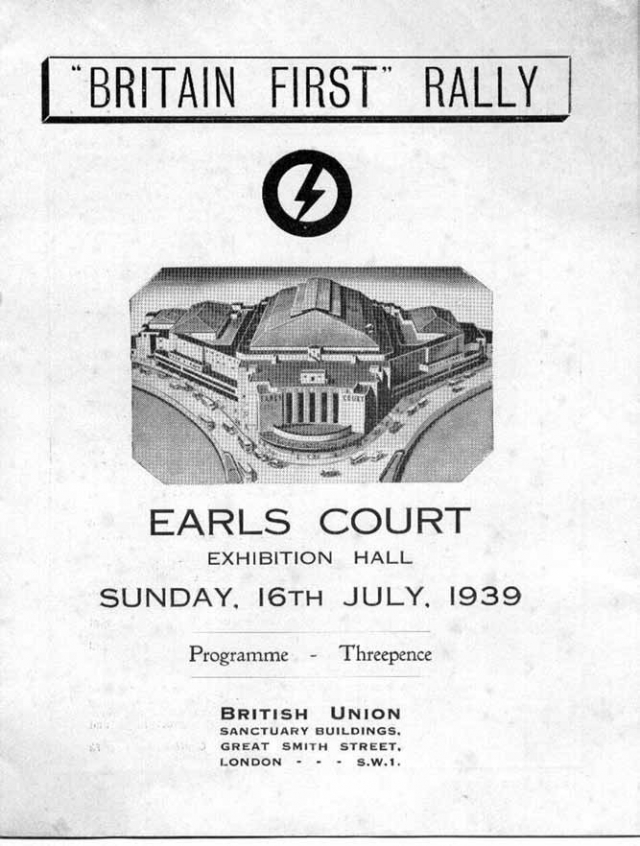Fascist behind barbed wire: political internment without trial in wartime Britain
Historian article

In the spring and early summer of 1940, the British government carried out a programme of mass internment without trial. On 11 May, the first of thousands of ‘enemy aliens' were interned. Many of these internees were refugees from Nazi Germany, often Jews who had fled Germany in fear of their lives. Others were long time residents of Italian or German origin. By July, some 27,000 people had been deported to Canada, or interned in makeshift camps in the UK.
But another group were also interned without trial, British citizens who were members of Sir Oswald Mosley's British Union (BU), and other, smaller, fascist and nazi groups. The historical study of internment has been slow to develop, and most attention has been directed at the internment of ‘enemy aliens'. The first overall examination, and condemnation, of the political internment of British citizens came from the Glasgow-based anarchist press, the Strickland Press, with It Might Have Happened To You! (December, 1943). However, it was not until 1980 that Peter and Leni Gillman's account of internment, ‘Collar the Lot!', was published, although their work focused only on the internment of wartime refugees. Neil Stammers' Civil Liberties in Britain During the 2nd World War (1983), was a wider ranging examination of the impact of wartime policy on civil liberties, which looked at some aspects of political internment; while Connery Chappell's Island of Barbed Wire (1984) was a nonacademic account of the internment experience during the war on the Isle of Man. Not until A. W. Brian Simpson's In the Highest Degree Odious (1992) did a clearer picture emerge of the development of internment policy in relation to British fascists. More recently, Graham Macklin's account of the revival of Mosleyite fascism in the post-war period, Very Deeply Dyed in Black (2007), in which he attributes major significance to the internment experience of Mosleyites for far right politics after the war; and widespread contemporary concern about the use of detention without charge or trial in both Britain and...
This resource is FREE for Historian HA Members.
Non HA Members can get instant access for £2.75

